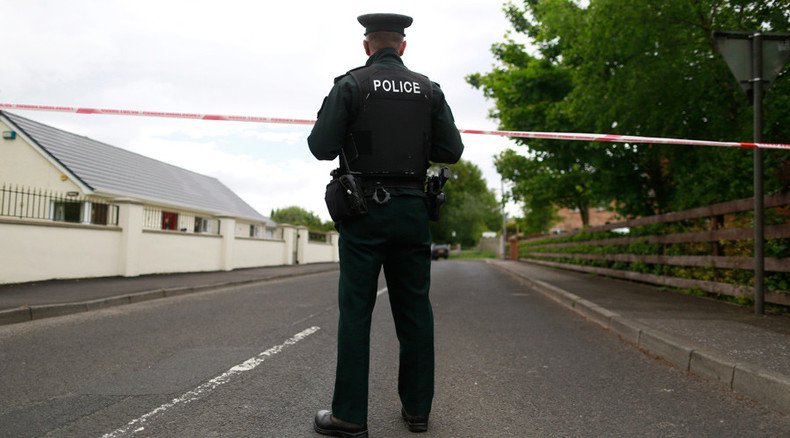Undercover policing inquiry must not ignore spying on trade unions, activists warn

A public inquiry into undercover policing is at risk of becoming an “establishment whitewash” if it does not include scrutiny of the surveillance of trade unionists, activists have warned.
In its current form the inquiry overlooks evidence of collaborative spying by big business and the police, Blacklist Support Group secretary Dave Smith told the Morning Star on Tuesday.
Smith’s concerns echo those of Britain’s largest union Unite, which called for an inquiry into alleged links between police and the “blacklisting” scandal in the construction industry that was exposed in 2009.
The inquiry into undercover policing was launched by Chairman Lord Justice Pitchford on Tuesday, four months after Home Secretary Theresa May announced the investigation.
Opening proceedings in London, Pitchford said the inquiry will be “the first time that undercover policing has been exposed to the rigor of public examination.”
However critics argue the terms of the investigation overlook corporate espionage.
Speaking to the Morning Star, Smith said: “Neither Theresa May nor Lord Justice Pitchford has specifically referred to trade unions, despite the fact there is documentary evidence that they were spied on using covert surveillance tactics.”
“The terms of reference state that the inquiry will only cover spying by the police. But if this is to be a genuine, independent investigation, it needs to look at evidence of collaboration between big business and the police.
“Corporate spying is endemic and, if it is not properly investigated, this will just turn into another establishment whitewash,” he added.
Unite assistant general secretary Gail Cartmail called for a probe into allegations police handed information about workers’ trade union activities to construction companies, who then added them to a blacklist database.
A 3 year investigation started into undercover police work. I recommend Sir John #Chilcot as chairman. He will rush the outcome in 25 years
— Mr Frog (@laquamariner) July 29, 2015The existence of a blacklist was exposed by a raid on a firm called the Consulting Association by the Information Commissioner’s Office in 2009.
Cartmail said: “We need the inquiry to probe what the undercover police involvement was in relation to links with the ‘blacklisting’ scandal in the construction industry. So far, I think we are just seeing the tip of the iceberg – and Judge Pitchford will have to dig deep.
“The reports that they infiltrated campaign groups and trade unions are true, as police officers were deployed as covert human intelligence sources.
“We need to know who authorized the infiltration of trade unions – how high up does the buck stop when it comes to accountability? And who authorized the payments to these undercover officers to pay their union dues?”
May launched the inquiry into undercover cops after an investigation into claims of human rights abuses committed by police officers unearthed “serious historical failings.”
In some cases, undercover police used the names of deceased children and established long-term sexual relationships with their targets.
Lawyers investigating the allegations for the Home Office say they have discovered more than 80 possible legal breaches relating to undercover policing.












